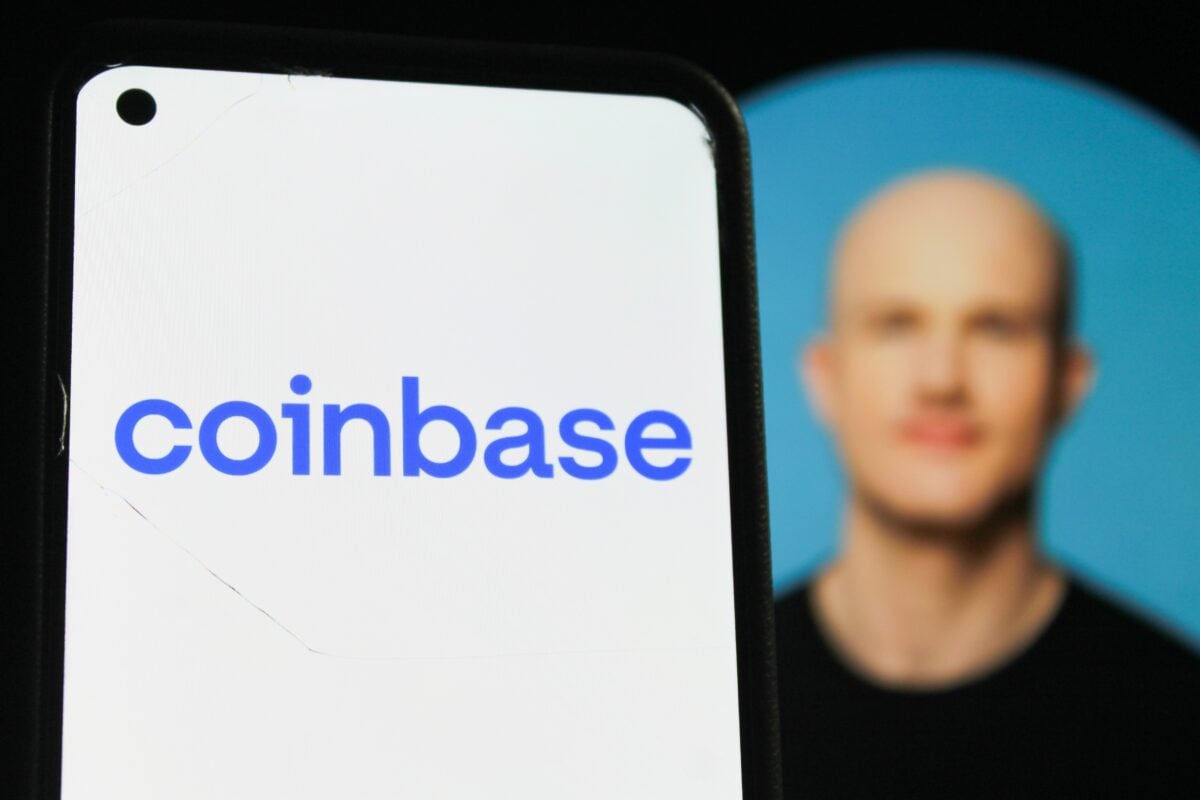TLDRs;
Contents
- Coinbase CEO Brian Armstrong fired engineers who failed to adopt GitHub Copilot and Cursor within a week.
- Armstrong called the move “heavy-handed” but insisted AI adoption is mandatory for all Coinbase developers.
- Industry peers like Microsoft are also mandating AI use as cultural resistance slows organic adoption.
- Engineers cite legitimate security risks in AI-generated code, raising questions about long-term sustainability.
Coinbase CEO Brian Armstrong has confirmed that several engineers were dismissed after failing to adopt the company’s newly mandated AI coding assistants.
The move, described by Armstrong as “heavy-handed,” underscores his view that integrating artificial intelligence into workflows is no longer optional for the cryptocurrency exchange.
In an internal directive, Armstrong required all engineers to begin using GitHub Copilot and Cursor, AI-powered coding assistants, for software development. Coinbase had purchased enterprise licenses for both tools and gave employees one week to onboard. When some failed to comply, Armstrong held a Saturday meeting where engineers were asked to explain their lack of progress. Those without valid reasons were let go.
Armstrong Defends Mandatory AI Onboarding
Speaking about the decision, Armstrong acknowledged that the enforcement was strict but necessary.
“We need to be aligned as a team. AI is not optional at Coinbase,” he said.
While some engineers cited travel or personal obligations for their delay, others gave no clear justification. The company decided that unwillingness to adopt the tools would be treated as non-compliance.
Coinbase now hosts monthly meetings where teams present their AI use cases, aiming to ensure broader integration and innovation. Armstrong has also shared that the exchange is allocating resources to improve code repository management, acknowledging the technical complexities of AI-generated code.
Industry-Wide Push for AI Mandates
Armstrong’s approach mirrors a wider industry trend where major tech companies are enforcing AI adoption through mandates rather than waiting for organic uptake. Microsoft, for instance, has declared AI use “no longer optional” and plans to integrate AI metrics into employee performance reviews.
Research supports these measures: while 70% of organizations invest in AI, only about 20% succeed in implementing it at scale, according to McKinsey. Cultural resistance, including fear of job displacement, remains a top barrier. Many executives believe that strong policies are the only way to overcome inertia and accelerate enterprise AI rollouts.
Engineers Raise Security Concerns
Despite management’s push, not all hesitance stems from resistance to change. Some engineers point to legitimate security risks associated with AI-generated code. Studies show that AI-written code can contain significant vulnerabilities, including replicated third-party flaws, outdated patterns, and exploitable bugs.
Even Stripe co-founder John Collison, who interviewed Armstrong on his podcast, expressed skepticism about the long-term feasibility of running an “AI-coded codebase.” For engineers concerned with quality assurance, these risks remain pressing.
Still, Coinbase has signaled that its commitment to AI is unwavering. Armstrong believes the benefits of enhanced productivity, faster development cycles, and innovative workflows outweigh the risks. “This is about preparing for the future,” he said.


